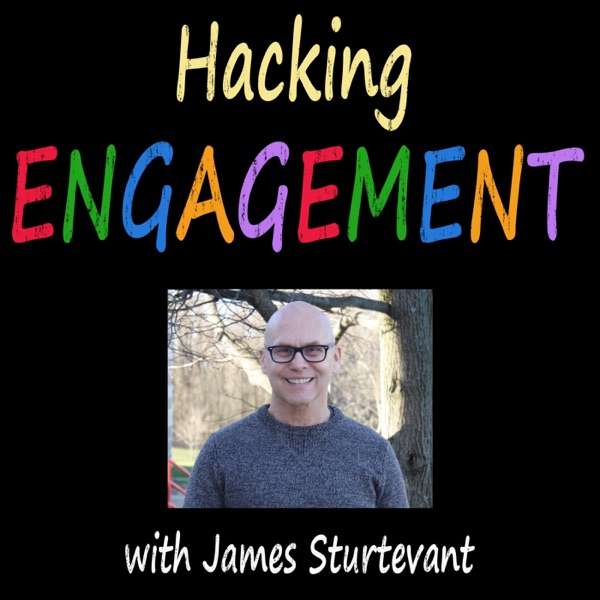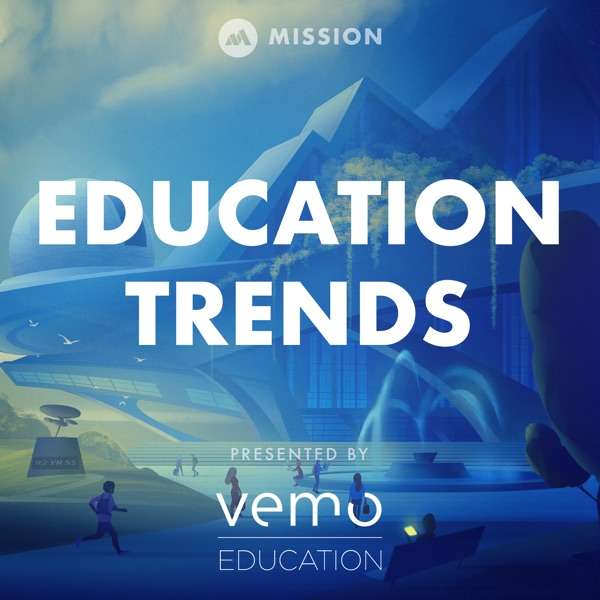Today we welcome Debra Soh, Marco Del Giudice, and Buck Angel.
Dr. Debra Soh is a neuroscientist who specializes in gender, sex, and sexual orientation. She holds a PhD in neuroscience with scientific expertise in paraphilias, hypersexuality, and child sexual abuse prevention. As a journalist, her writing has appeared in several publications like the New York Post, the Wall Street Journal, and many more. In 2020, she published her first book called “The End of Gender”.
Dr. Marco Del Giudice is an associate professor in the Department of Psychology at the University of New Mexico, Albuquerque. He received his bachelors in psychology and doctorate in cognitive science from the University of Turin in Italy. He has over a hundred scientific publications on personality, motivation, attachment styles, psychopathology, sex differences, and other topics. In 2016 he was granted the Early Career Award of the Human Behavior and Evolution Society (HBES).
Buck Angel is an adult-film producer, performer and motivational speaker who also works as an advocate, educator, lecturer and writer. He has served on the Board of Directors of the Woodhull Sexual Freedom Alliance from 2010 to 2016. Born as a biological female, Buck conquered a lifetime of adversity to undergo his transformation to become the healthy, happy, self-confident man that he is today. Buck created the first FTM adult website in 2003, and became the first FTM adult entertainer and film producer. In 2007, Buck made history again as the first transexual man to ever win the AVN transexual performer of the year award.
In this episode, I talk to Debra, Marco, and Buck about the scientific realities of biological sex. There is considerable opposition against the idea that sex is binary. But denying science because it doesn’t seem to fit our gender beliefs can be dangerous. As ironic as it seems, when we acknowledge biology, we can accommodate more variation better than our preconceived, rigid social norms.
Website: drdebrasoh.com , marcodg.net , buckangel.com
Twitter: @DrDebraSoh & @BuckAngel
Topics
04:08 Dr. Marco’s background and expertise
06:41 Dr. Debra’s background and expertise
07:48 Buck’s background and expertise
10:02 Shift from ‘transexual’ to ‘transgender’
12:35 The separation of sex and gender
21:33 Why feminists reject biology
27:27 “It is transphobic to deny biology”
30:51 Extreme trans activism
40:00 Transgenders vs TERFs
43:07 Being gender fluid is trendy
44:18 Losing the nuances in gender
47:49 The evolutionary perspective of traits
55:05 Dismantling the definition of woman
58:46 De-transitioning and safe healthcare
1:07:03 The construction of gender identity
1:14:25 Social transitioning through pronouns
1:22:32 Non-binary and non-specific labels
1:28:42 Prioritizing truth over feelings
See omnystudio.com/listener for privacy information.

 Our TOPPODCAST Picks
Our TOPPODCAST Picks  Stay Connected
Stay Connected







